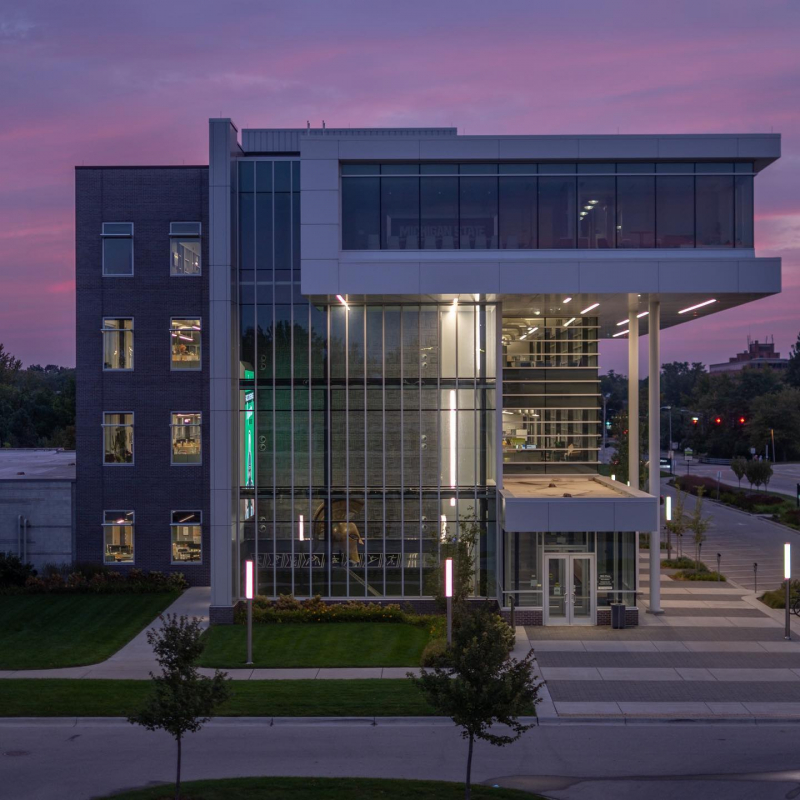Michigan State University
In East Lansing, Michigan, Michigan State University (MSU) is a public land-grant research university. MSU was founded in 1855 and served as a model for the Morrill Act of 1862, which established land-grant colleges and universities. The university began as the State of Michigan Agricultural College, one of the country's first institutions of higher learning to teach scientific agriculture. The college became coeducational and expanded its program outside agriculture when the Morrill Act was passed. MSU is now one of the largest institutions in the United States (by enrollment) and has around 634,300 living alumni around the world.
Academic research and innovation have a long history at the university. Today, Michigan State continues its research with facilities such as the MSU-DOE Plant Research Laboratory, which is funded by the US Department of Energy, and the National Superconducting Cyclotron Laboratory, which is a particle accelerator. The Facility for Rare Isotope Beams will be located at Michigan State University, according to the US Department of Energy's Office of Science (FRIB). Top researchers from around the world will visit the $730 million center to conduct studies in basic nuclear science, astrophysics, and isotope applications in other fields.
Founded: 1855
Address: Michigan, United States
Website: https://msu.edu/











